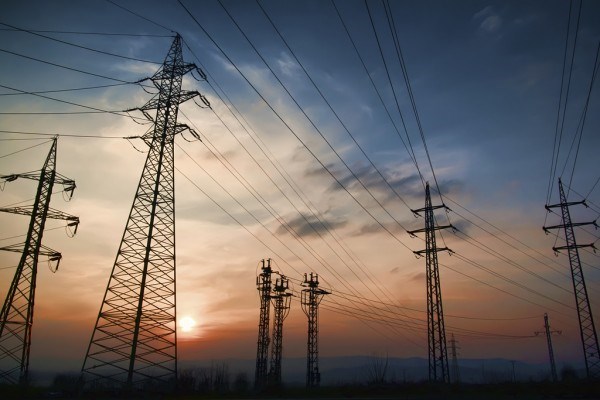Media: Russia's largest energy company will not work in Crimea because of sanctions
The Russian government finally abandoned plans to include Rosseti in the Krymenergo JSC created in the Crimea, reports Kommersant news outlet, citing an unnamed source familiar with the situation.
"The creation of the ‘road map’ for the organization of the joint-stock company is now passing the final stage but the reality is Rosseti won’t be there. This is the final decision," the source said.
Rosseti is Russia's largest operator of power grids. It includes 36 subsidiaries and affiliates. The state is the controlling shareholder and is represented by the Federal Agency for State Property Management of Russia which owns 88% of the shares.
According to preliminary information, 51% of the shares of Krymenergo will go to the Federal Agency for State Property Management (Rosimushchestvo) while 49% will go to the government of the Crimea.
All power lines and substations in the Crimea are on the books of the State Unitary Enterprise Krymenergo, established in April 2014.
Initially, the enterprise conducted accounting for the electricity facilities. At the same time, the same-named private company Krymenergo, a part of DTEK's group owned by Ukrainian oligarch Rinat Akhmetov, bought electricity on Ukraine’s wholesale market and resold it to Crimean consumers.
In January 2015, the Russian-controlled Crimean parliament announced the "nationalization" of DTEK Krymenergo. After that, DTEK’s Crimean assets became the property of State Unitary Enterprise (SUE) Krymenergo. Rinat Akhmetov's company is disputing the "nationalization" in international courts.
In July 2017, the Ministry of Energy of Russia announced plans to create a new economic entity in the Crimea: a joint-stock company Krymenergo with state participation. All power grid assets that are on the books of SUE Krymenergo will be transferred to the authorized capital of this company. Initially, the Russian Ministry of Energy stated that the joint-stock company would be transferred to PJSC Rosseti.
Quoting the federal budget, the media reported that for the period of 2018 to 2020, Rosseti was supposed to receive 9 billion rubles or $161 million for the modernization of the Crimea’s energy sector. Among the priority tasks is the reconstruction of the "southern transit," a 110-kV transmission line along the southern coast of the Crimea.
Another priority is the modernization of the emergency control system. This should increase the network capacity, substations’ capacity and reliability. Overall, before 2020, 1,500 km of power lines should be built in the Crimea.
There is no official confirmation yet that Rosseti will not participate in Krymenergo. A week ago, the head of the Crimea, Sergei Aksyonov said that Rosseti would still receive a stake in the joint-stock company.
"Rosseti is ready to invest in Krymenergo. We are discussing how to modernize the company. When there is a joint-stock company, some part of the shares will belong to the Crimea and some will belong to Rosseti. The percentages will be known after a full evaluation," TASS quoted Aksyonov as saying on February 15.
Director of the Russian Energy Development Fund Sergei Pikin believes that Rosseti refused to enter the Crimea because of the threat of sanctions, Krym.Realii reports.
"The risks of sanctions are a main issue. Though Rosseti is not represented on international markets and does not borrow capital at the international level… there is a subsidiary company of Rosseti called the Federal Grid Company that is listed abroad. Therefore, they do not need any additional risks," Pikin believes.
According to Pikin, Moscow will not leave ownership of Krymenergo in the hands of the Crimean authorities since it plans to invest considerable amounts in the modernization of the power grids, and this requires control. The expert notes that the Federal Property Management Agency aspires to receive a controlling stake since the government agency is less likely to be penalized.
Large Russian state-owned holdings and companies are again refusing to work in the Crimea because of the threat of restrictive measures by the Western countries. Due to this, the Russian Railways, the Russian Post, Sberbank, Megafon and other companies refused to enter the peninsula.
